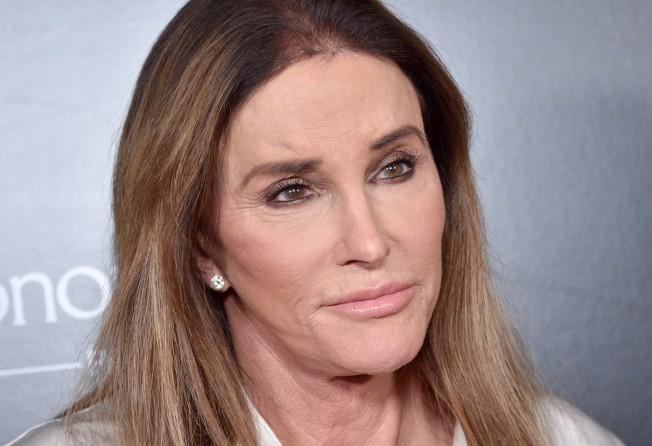
Rugby league bans transgender players in women’s international matches after swimming ruling
- It follows the decision by world swimming’s governing body to bar transgender athletes from women’s events
- World Athletics president Sebastian Coe welcomes swimming’s ruling, saying ‘testosterone is a key determinant in performance’

Rugby league on Tuesday banned transgender players from women’s international matches while it develops a “comprehensive inclusion policy”.
Its decision came a day after international swimming effectively banned transgender athletes from women’s races, placing them instead in a new “open” category.
World soccer’s governing body Fifa and World Athletics said on Monday that they were reviewing their transgender eligibility policies.
Rugby league authorities said they needed to conduct further consultations and research to finalise a new policy for 2023, citing the “welfare, legal and reputational risk” to the game and players.
Until then, transgender women players “are unable to play in sanctioned women’s international rugby league matches”, said a statement from the 13-a-side game’s governing body, the International Rugby League.
The decision means transgender athletes will be banned from this year’s Women’s Rugby League World Cup in England in November.
Rugby league authorities cited the International Olympic Committee’s (IOC’s) decision last year that each sport should determine how athletes might be at a “disproportionate advantage”.
“The IRL reaffirms its belief that rugby league is a game for all and that anyone and everyone can play our sport,” it said.
The sport said it had a responsibility to balance each player’s right to take part against the perceived risk to other players “and to ensure all are given a fair hearing”.
The governing body said it would work with the eight nations taking part in the Women’s Rugby League World Cup for a “future trans women inclusion policy in 2023”, taking into account the “unique characteristics” of rugby league.
Swimming’s governing body Fina made its decision to exclude transgender swimmers from women’s races – and allow them to race in an open category – after setting up legal, medical and athletes’ committees to examine the issue.
Fina decided that male-to-female transgender athletes could only join women’s races if they had not experienced any part of male puberty. It said its medical committee found that males acquired advantages in puberty, including in the size of their organs and bones, that were not lost in hormone suppression.
The new policy states that male-to-female transgender swimmers are eligible to compete in women’s competitions only if “they can establish to Fina’s comfortable satisfaction that they have not experienced any part of male puberty beyond Tanner Stage 2 [of puberty] or before age 12, whichever is later”.
A spokesperson for Fifa told Reuters it was in a consultation process over a new policy and was taking guidance from medical, legal, scientific, performance and human rights experts.
“Fifa is currently reviewing its gender eligibility regulations in consultation with expert stakeholders,” the spokesperson said. “Should Fifa be asked to verify the eligibility of a player before the new regulations will be in place, any such case will be dealt with on a case-by-case basis, taking into account Fifa’s clear commitment to respect human rights.”
Sebastian Coe, president of World Athletics, told the BBC he welcomed Fina’s decision, which has been criticised by trans rights advocates.

“We see an international federation asserting its primacy in setting rules, regulations and policies that are in the best interest of its sport,” he told the BBC. “This is as it should be. We have always believed that biology trumps gender and we will continue to review our regulations in line with this. We will follow the science.
“We continue to study, research and contribute to the growing body of evidence that testosterone is a key determinant in performance, and have scheduled a discussion on our regulations with our council at the end of the year.
“When push comes to shove, if it’s a judgment between inclusion and fairness, we will always fall down on the side of fairness – that for me is non-negotiable. We can’t have a generation of young girls thinking there is not a future for them in the sport.”
Last year, the IOC issued a framework on the issue, leaving eligibility decisions up to individual sports bodies, but adding that “until evidence determines otherwise, athletes should not be deemed to have an unfair or disproportionate competitive advantage due to their sex variations, physical appearance and/or transgender status”.
Former Olympian Caitlyn Jenner voiced her support for swimming’s decision. Jenner, who is transgender, has been outspoken in her belief that it is not fair for transgender women to take part in competitive women’s sports.
“If you go through male puberty, you should not be able to take medals away from females,” she tweeted.
Jenner, 72, won a gold medal in the men’s decathlon at the 1976 Olympic Games. She came out as a transgender woman in 2015.